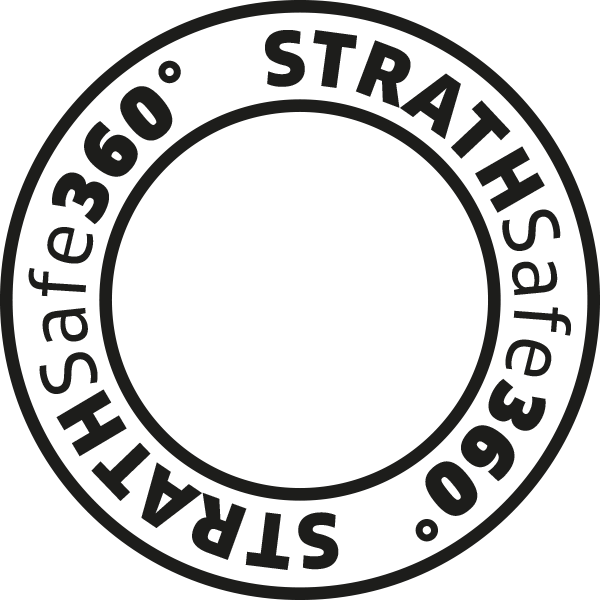Our work to ensure safeguarding applies to the Prevent Duty.
A safeguarding concern may be related to radicalisation. Occasionally, individuals can be susceptible to someone exploiting their trust and radicalising them. This may be through ideologies that go against our shared values. This may promote intolerance or glorify acts of violence or harm to themselves or others.
Section 26 of the Counter Terrorism and Security Act 2015 places a duty on certain bodies to have ‘due regard to the need to prevent people from being drawn into terrorism’.
The University Secretary is responsible for Strathclyde’s duties under the Prevent Duty.
UK Home Office training for staff on the requirements of the Prevent Duty, including the key indicators of terrorism, extremism and radicalisation, is available at Prevent Duty training.
If you have a safeguarding concern that you feel may include radicalisation, please report this using Report and Support.
